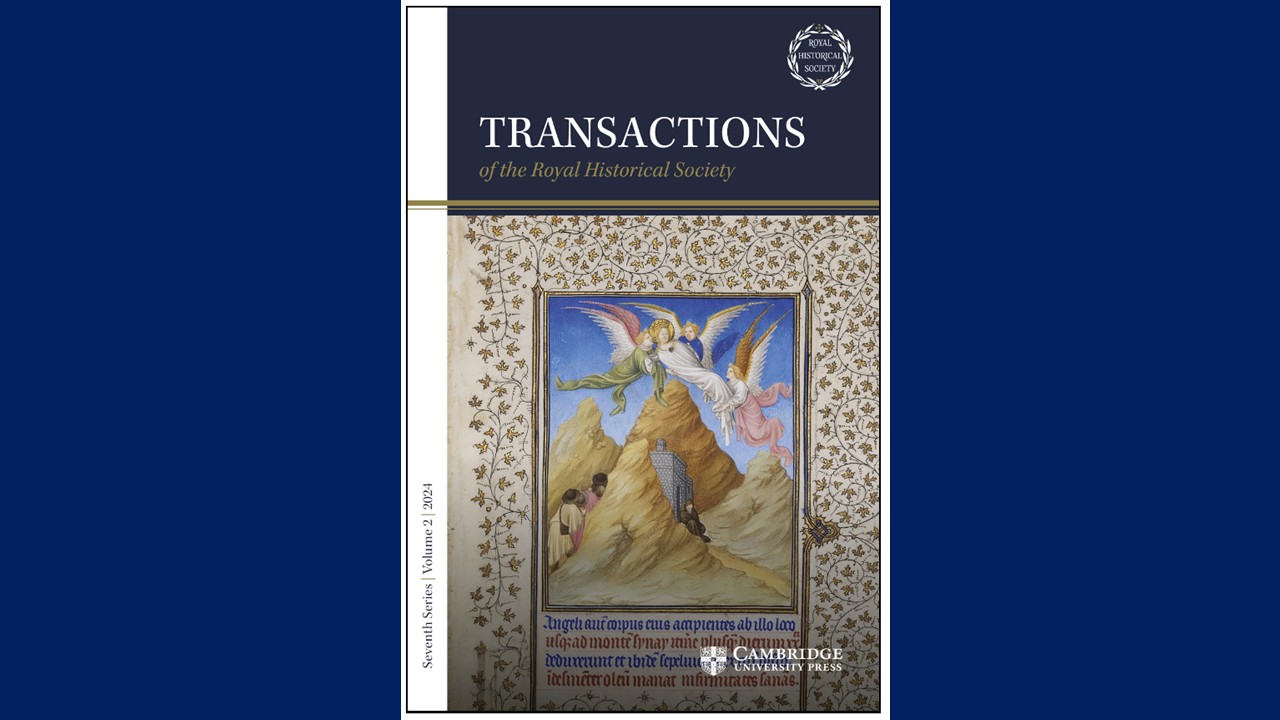Parliamentary Activism? Northern Irish Civil Rights and the Campaign for Democracy in Ulster
Patrick Thompson

In his latest paper published in Transactions of the Royal Historical Society (Cambridge University Press, August 2025), PhD Student Patrick Thompson charts the activity of the Campaign for Democracy in Ulster (CDU) during the 1960s, as it sought to find a 'parliamentary solution’ to the long-term grievances of Northern Ireland’s Catholic minority.
Comprised mainly of backbench Labour MPs, the CDU advocated for legislative and political solutions to civil rights demands from Westminster, using its access to the British government to attempt to encourage reform. While traditionally seen as having failed in this attempt, a new analysis of archival sources suggested a more nuanced picture. The CDU exerted influence at Westminster, but more importantly, it had a significant impact on the calculations of the Northern Irish government in Stormont. While this was not the organisation's stated goal, there is evidence that its activity helped shape the way that the Unionist government of Terence O’Neill responded to pressure from Britain over civil rights during the crucial years of 1966 - 1968 in particular.
This not only deepens our historical understanding of the civil rights movement, but also shines a light on the phenomenon, described here as ‘Parliamentary Activism’. This is a discreet form of pressure group activity that sees members of a legislative chamber coordinating around ideological lines, but without necessarily seeking personal political advancement within their party or movement. Parliamentary Activists will work alongside external pressure groups, but retain a set of political goals and approaches that are tied to their particular party or group. In the case of the CDU, members were drawn from across the Labour Party and the associated Labour movement. The CDU worked closely with organisations such as the Campaign for Social Justice, Movement for Colonial Freedom and National Campaign for Civil Liberties, but also operated as an independent entity with a constitution, membership and executive. Its intrinsic links to the Labour Party gave it unprecedented access to government decision makers, but also meant that, unlike an external pressure group or a less organised group of backbench rebels, it was never willing to undertake action that might seriously destabilise or embarrass the government.
Patrick Thompson
Patrick Thompson is a PhD student (funded by the Department for the Economy) at the School of History, Anthropology, Philosophy and Politics, and is based in the Senator George J. Mitchell Institute for Global Peace, Security and Justice.
His research interests include Anglo-Irish relations, the Northern Irish Civil Rights Movement and British parliamentary politics. Patrick’s PhD is supervised by Professor Richard English and Dr Peter McLaughlin.
Media
